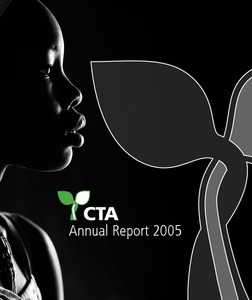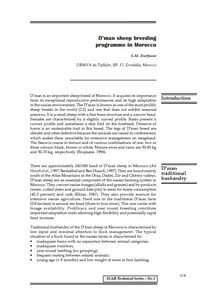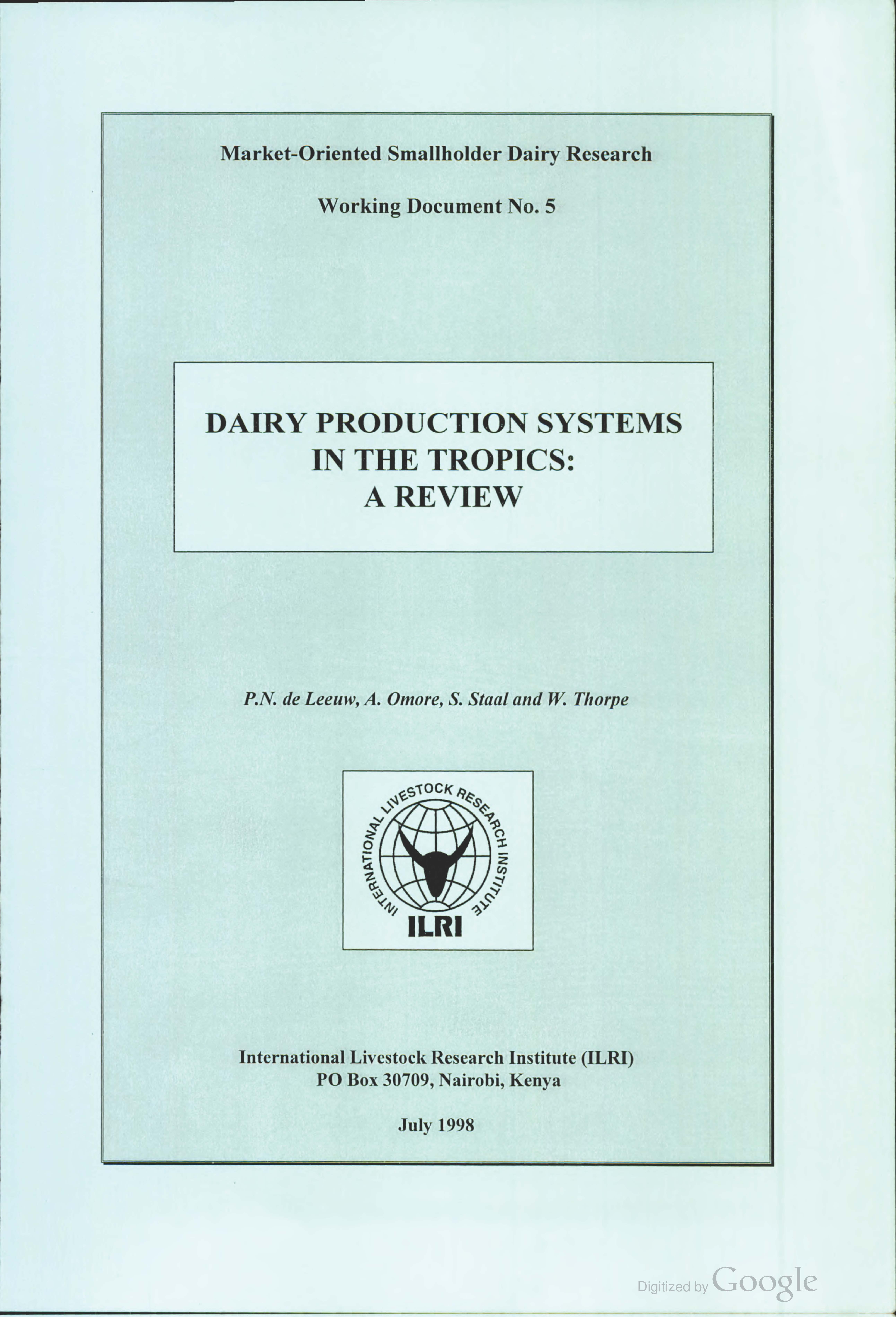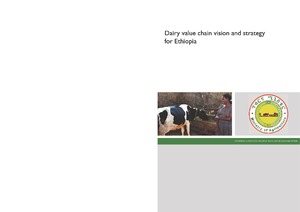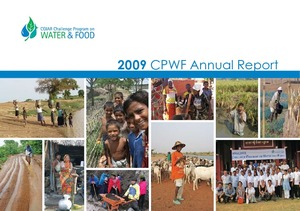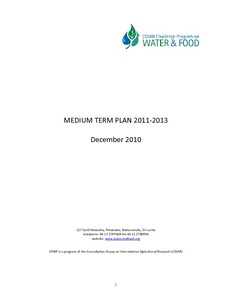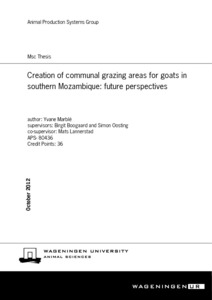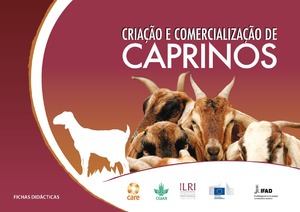The CPWF was designed to be different. Developed in response to a call for change in a previous round of Consultative Group on International Agricultural Research (CGIAR) system
reform, the CPWF was intended to foster cross-CGIAR cooperation and find ways to bring in new partners. Over time the CPWF has successfully broadened the CGIAR’s sources of
innovative research on water and food. Through its broad partnerships, the program conducts research that leads to positive impact on the poor and to policy change. The CPWF does this by

